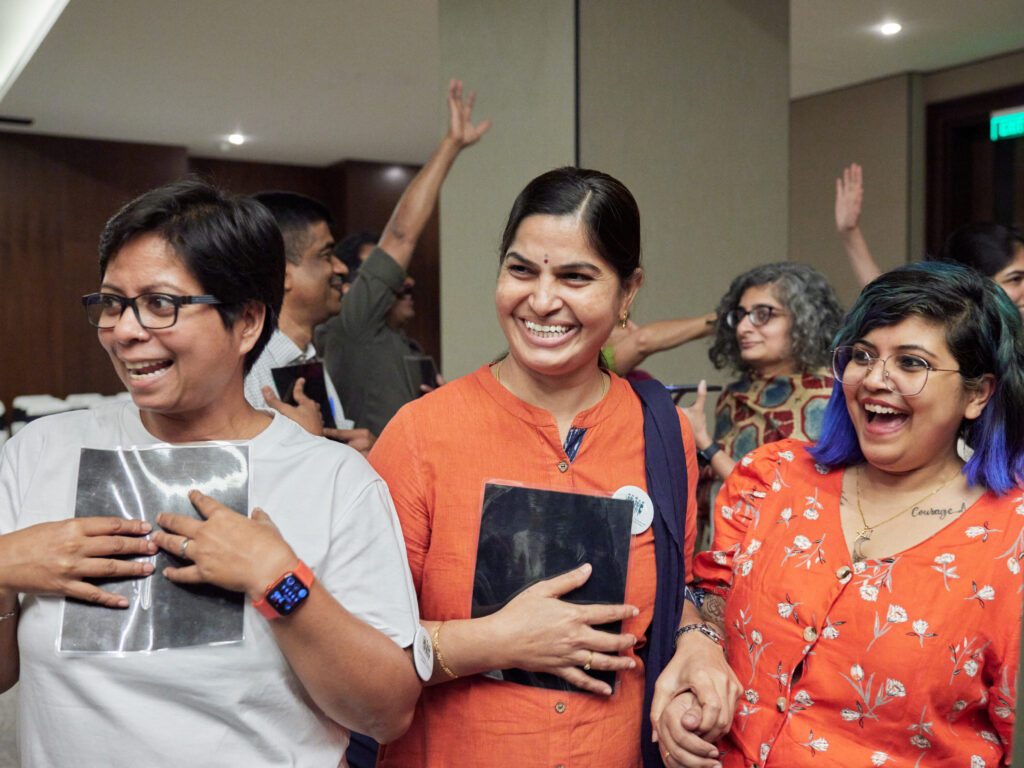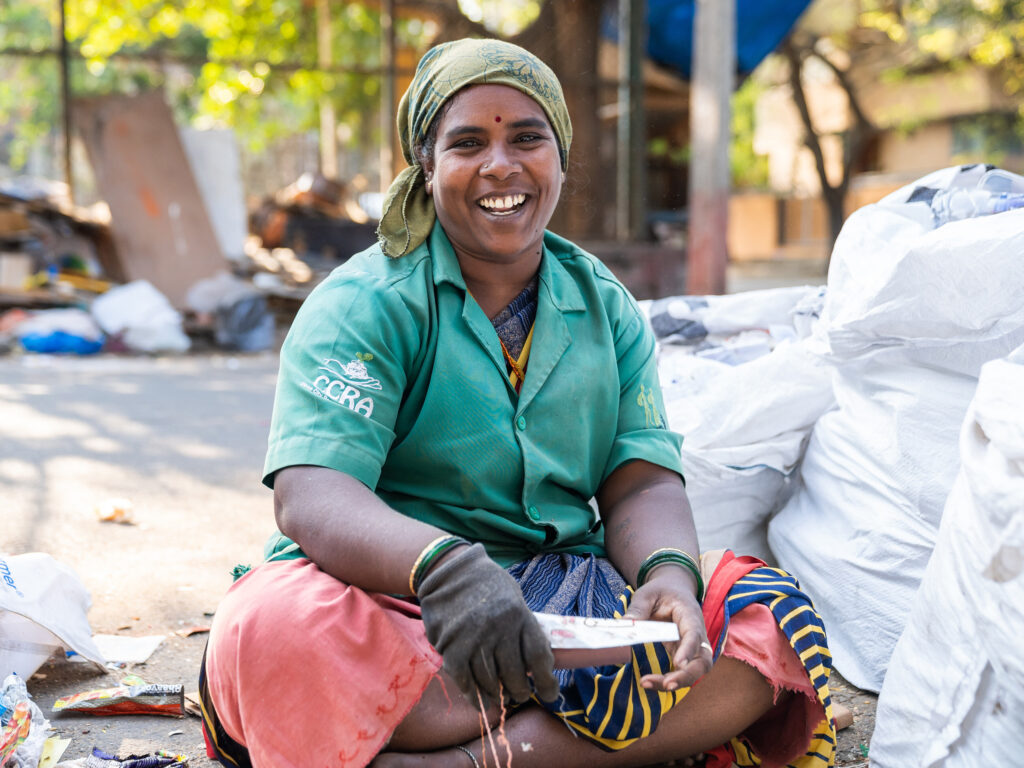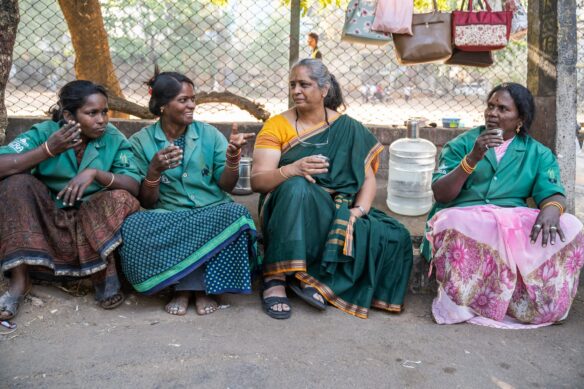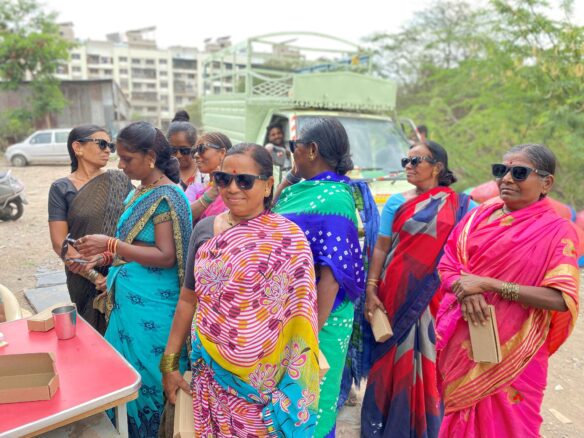Set against the backdrop of a shifting philanthropic landscape, this study seeks to explore the sustained societal impact achievable through CDC (community driven change), particularly emphasizing inclusion and equity for marginalized and vulnerable groups.

The Bridgespan Group is a global nonprofit that collaborates with social change organizations, philanthropists, and impact investors to make the world more equitable and just.Through their earlier studies, Bridgespan suggest there are gaps in understanding how these changes bring lasting and fair benefits to communities. There is a need and opportunity to build a strong evidence base for CDC approaches across sectors exploring how these approaches can work in different fields and identifying various social impact models, and what it takes for funders and NGOs to shift towards more community-driven practices. The effort is focused on spotlighting voices and perspectives of the communities and community-based organisations through surveys, field visits, interviews, etc.
Saamuhika Shakti to showcase Collective Impact
The study seeks to develop and elevate use cases, resource guides and good practices to inform and inspire funders, implementing organisations on the field and other actors in the social sector to adopt CDC approaches. As part of the research, Bridgespan will engage with our partners in Saamuhika Shakti and use our Collective Impact initiative in India as a case study.
Saamuhika Shakti is a first-of-its-kind initiative in Bengaluru, aiming to elevate waste pickers from societal margins to integral and recognized contributors of society. By engaging the waste picker community in the design of the initiative, we’ve defined intervention areas through a holistic approach, utilizing the Collective Impact method with diverse partners from various sectors.
Ten local partners are simultaneously addressing systemic barriers, including safe working conditions, access to social services, quality education, water and sanitation, up-skilling, alternative job opportunities, waste management innovations, perceptions around waste pickers, as well as increasing economic opportunities. The initiative also prioritizes equity, particularly addressing the fundamental needs of marginalized groups within the waste picker community, such as women and girls, ensuring a collective effort for lasting, scalable impact.


Reshaping the philanthropic landscape
The three year-study is a pooled funding initiative, where H&M Foundation joins the Global Alliance for Communities, Hilton Foundation, Humanity United, Rohini Nilekani Philanthropies, Swades Foundation, , Veddis Foundation, Bridgespan and others.
Venturing into social sciences, the H&M Foundation sees this collaboration as an exploratory journey hoping to weave learnings into future strategies as well as encouraging others to embrace community-driven practices, reshaping the philanthropic landscape.


